The Difference Between ADD & ADHD
#ReachingOutIsAStrength
Coaching, Counseling, Assessments, Psychological Services, Employee Assistance Programs, and Professional Training Programs for all Ages

What Is ADHD?
ADHD and ADD are related conditions that both affect attention and behavior, but they are not the same thing. ADHD stands for Attention-Deficit/Hyperactivity Disorder, and it is a neurological condition that affects both attention and impulse control. Symptoms of ADHD include difficulty paying attention, hyperactivity, and impulsivity. There are three types of ADHD: predominantly inattentive presentation, predominantly hyperactive-impulsive presentation, and combined presentation.
What Is ADD?
ADD, on the other hand, stands for Attention Deficit Disorder, and it is an outdated term that was once used to describe a subtype of ADHD that primarily involved symptoms of inattention, but not hyperactivity or impulsivity. However, in 1994, the American Psychiatric Association changed the diagnostic criteria for ADHD to include the predominantly inattentive presentation as a subtype of ADHD. Since then, the term ADD has not been used as an official diagnosis.
The Symptoms of ADHD
The symptoms of ADHD can be classified into two main categories: inattention and hyperactivity/impulsivity. The predominantly inattentive presentation of ADHD is characterized by symptoms such as difficulty paying attention, forgetfulness, and being easily distracted. The predominantly hyperactive-impulsive presentation of ADHD is characterized by symptoms such as fidgeting, restlessness, interrupting others, and difficulty waiting one’s turn. The combined presentation of ADHD involves both sets of symptoms mentioned above.
ADHD is a relatively common condition, affecting an estimated 5-10% of children and 2-5% of adults. Research reveals ADHD is more commonly diagnosed in males than in females, though this may be due to the differences in how symptoms are presented for each gender. The exact causes of ADHD are not fully understood, research suggests that it is likely due to the combination of genetic and environmental factors. Some studies have found that children with ADHD may have differences in the structure and function of certain areas of the brain, particularly those involved in attention and impulse control.
How to Diagnose ADHD
ADHD can be diagnosed by a qualified mental health professional, such as a psychologist, psychiatrist, or pediatrician, through a comprehensive evaluation that includes a review of the individual’s medical history, a clinical interview, and behavioral assessments. Treatment for ADHD typically involves a combination of medication and behavioral interventions. Medications such as stimulants and non-stimulants can help to reduce symptoms of inattention and hyperactivity, while behavioral interventions such as parent training and individual therapy can help to teach coping skills and strategies for managing symptoms.
The Differences
It is important to note that ADHD is a valid condition that can have a significant impact on a person’s life if left untreated. People with ADHD may experience difficulties in school, work, and social relationships, and may be at a higher risk for other mental health conditions such as anxiety and depression. While the term ADD is no longer used as an official diagnosis, it is still sometimes used colloquially to refer to the subtype of ADHD that primarily involves symptoms of inattention. However, it is important to remember that the more accurate and current term for this condition is ADHD, and that all subtypes of ADHD are recognized as valid diagnostic categories.
In Summary
All in all, ADHD is a broader term that encompasses several different subtypes, including the predominantly inattentive presentation that was once referred to as ADD. It is important to note that even though the term ADD is no longer used as an official diagnosis, some people may still use it to describe their symptoms, or to refer to a subtype of ADHD that primarily involves inattention. However, it is more accurate to use the term ADHD to describe this condition.
Treatment for ADHD
Treatment for ADHD typically involves a combination of medication, behavioral therapy, and lifestyle changes. Medications such as stimulants are often prescribed to help improve focus and reduce hyperactivity-impulsivity. Behavioral therapy can help people with ADHD learn strategies for managing their symptoms, such as improving organization and time management skills. Lifestyle changes, such as getting regular exercise and maintaining a healthy diet, can also be helpful in managing symptoms.
While ADHD can be challenging, with the right treatment and support, people with ADHD can also lead a fulfilling and successful life. It’s important to remember that having ADHD does not mean that a person is lazy, unmotivated, or lacks intelligence. Rather, it is a neurological condition that requires understanding, empathy, and support from others.
Questions?
Ready?
Follow Us

